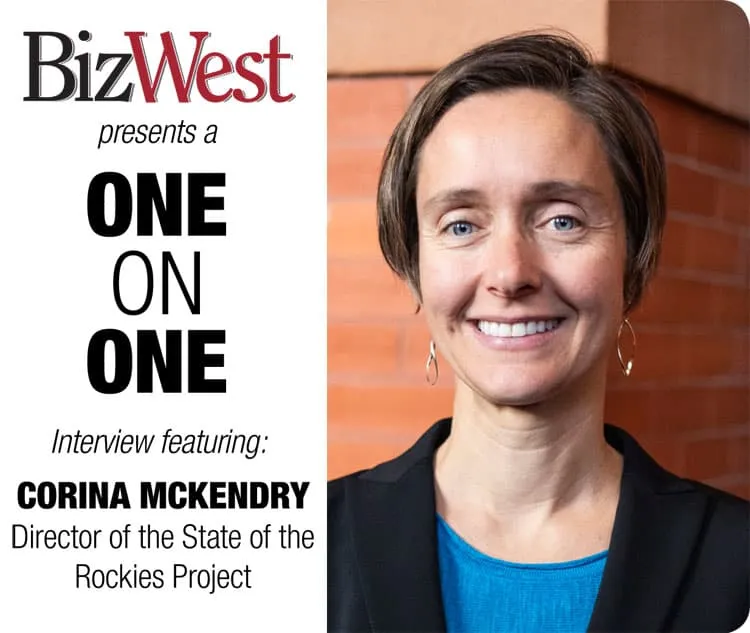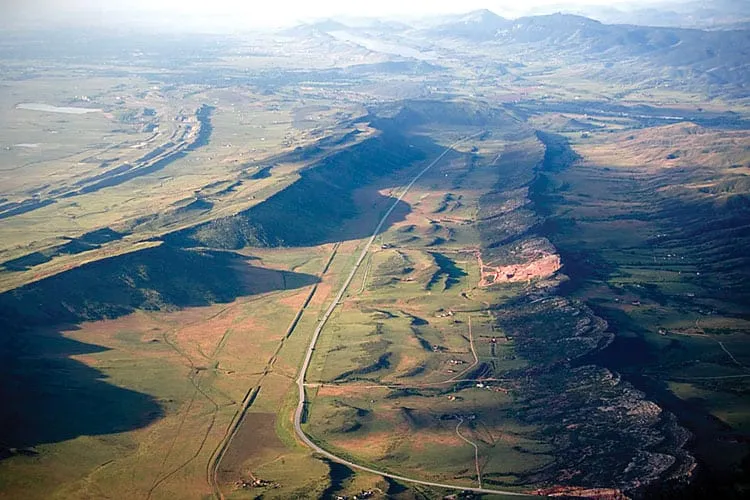One-on-One with Corina McKendry, associate professor of political science at Colorado College and also director of the State of the Rockies Project

Each month, BizWest asks a business leader to participate in a question and answer feature to help shed light on a business topic, an industry or add insight to a field of endeavor. This month, Corina McKendry, associate professor of political science at Colorado College and also director of the State of the Rockies Project, was asked to assess the relationship between society and environmental challenges in the Rocky Mountain West. In addition to research by students and faculty, the project includes the Conservation in the West poll, which surveys residents in the Western U.S. on their thoughts…
THIS ARTICLE IS FOR SUBSCRIBERS ONLY
Continue reading for less than $3 per week!
Get a month of award-winning local business news, trends and insights
Access award-winning content today!




